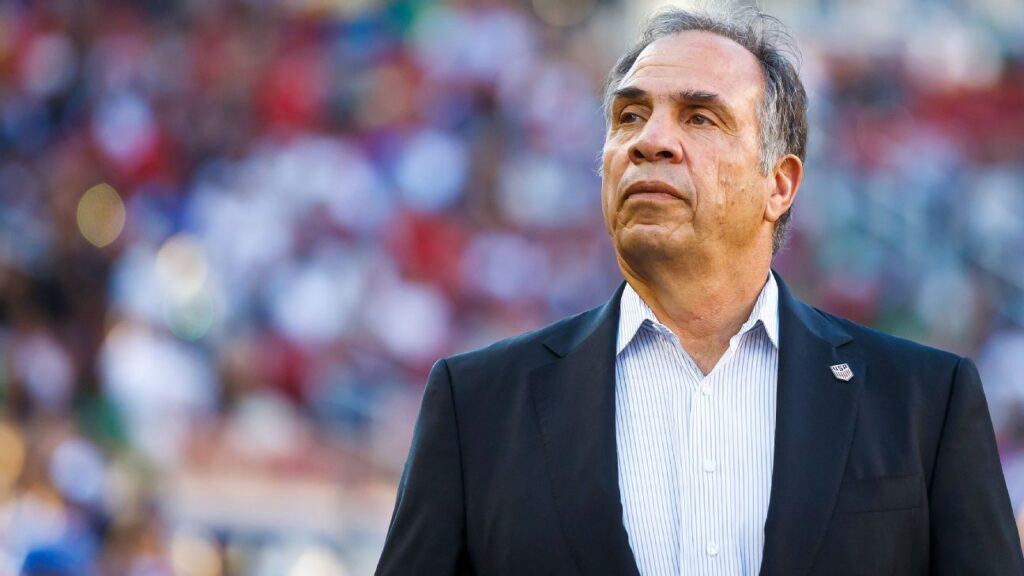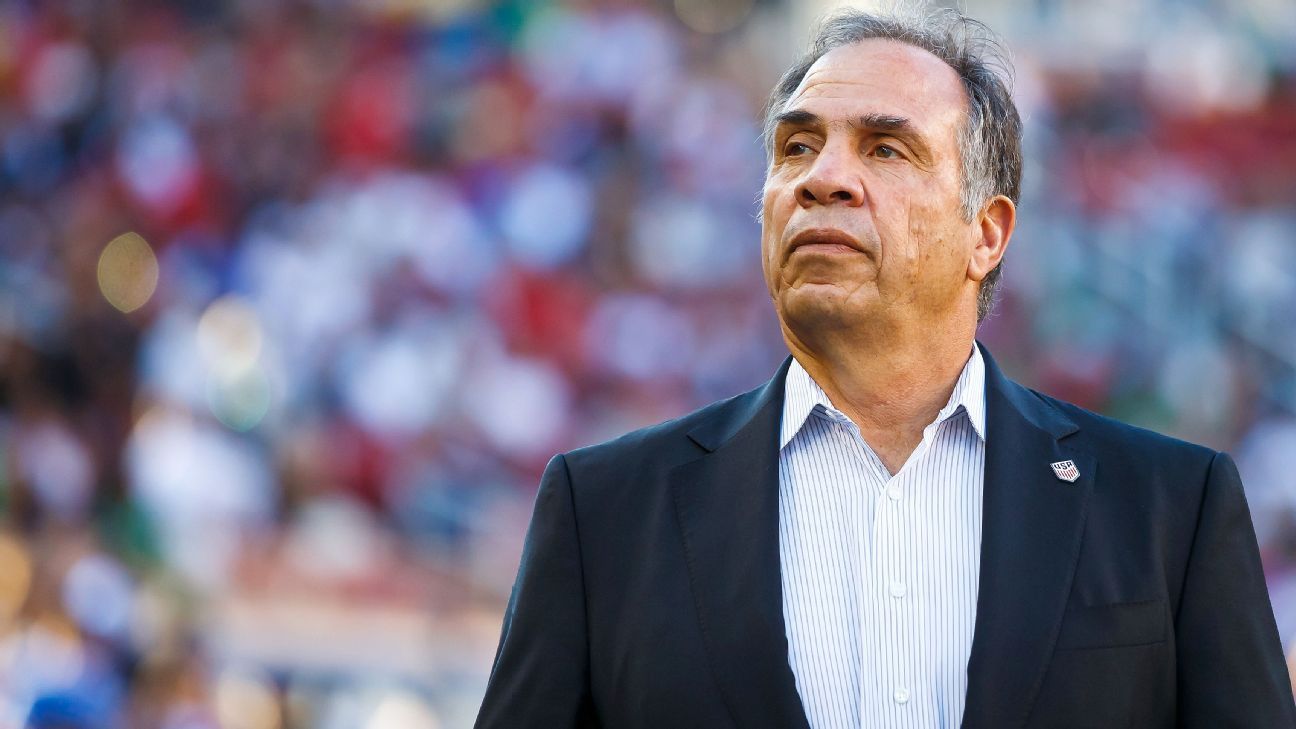
Bruce Arena, the coach with the most wins in MLS history, has resigned from his role as head coach and sporting director of the New England Revolution. This decision follows his six-week suspension due to allegations of insensitive and inappropriate remarks.
Arena acknowledged making mistakes and expressed his intention to reflect on the situation and take corrective actions in a statement released by the Revolution. He also mentioned that, despite it being a tough choice, he believes it’s best for both the New England Revolution organization and his family to part ways at this time.
MLS confirmed that its investigation validated some of the allegations without disclosing specific details. If Arena were to seek another job in MLS, he would need to petition Commissioner Don Garber, as stated by the league. MLS emphasized its commitment to providing safe and welcoming work environments and expects appropriate behavior from all its employees and club members.
The Revolution announced that Richie Williams, a longtime assistant, will continue as the interim head coach, while technical director Curt Onalfo will remain as the interim sporting director.
Arena had been with the Revolution since 2019, achieving remarkable success, including leading them to the best regular season in MLS history in 2021. He holds numerous MLS records, including coach of the year awards and MLS Cup titles. Arena also had two stints as the U.S. men’s national team coach, with significant accomplishments and challenges during his tenure.
Before his professional career, Arena won five NCAA championships as a coach at the University of Virginia. He expressed his gratitude to the soccer community for their support during the investigation and stated that hearing from those who have been part of his career has made the decision to step down easier.




